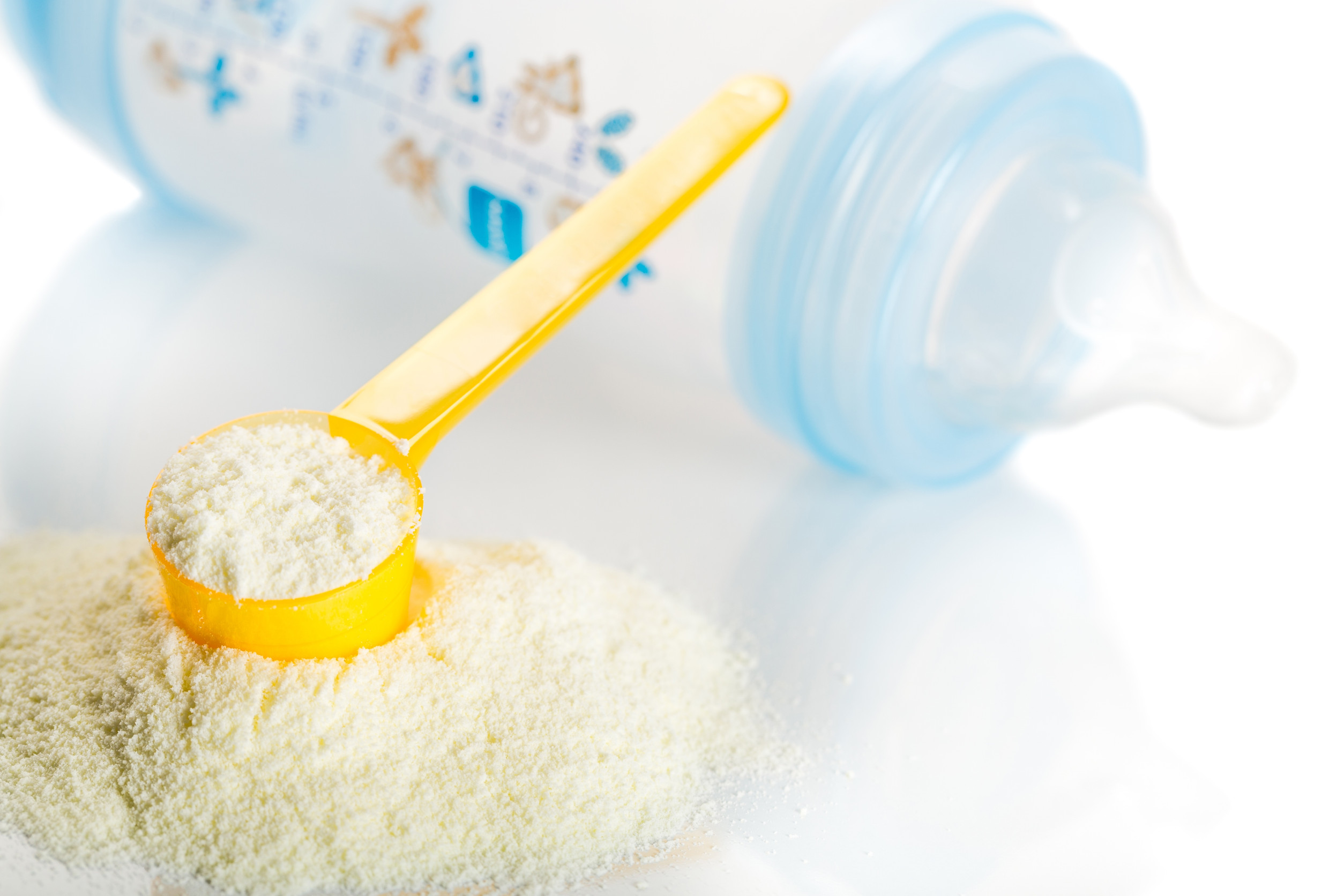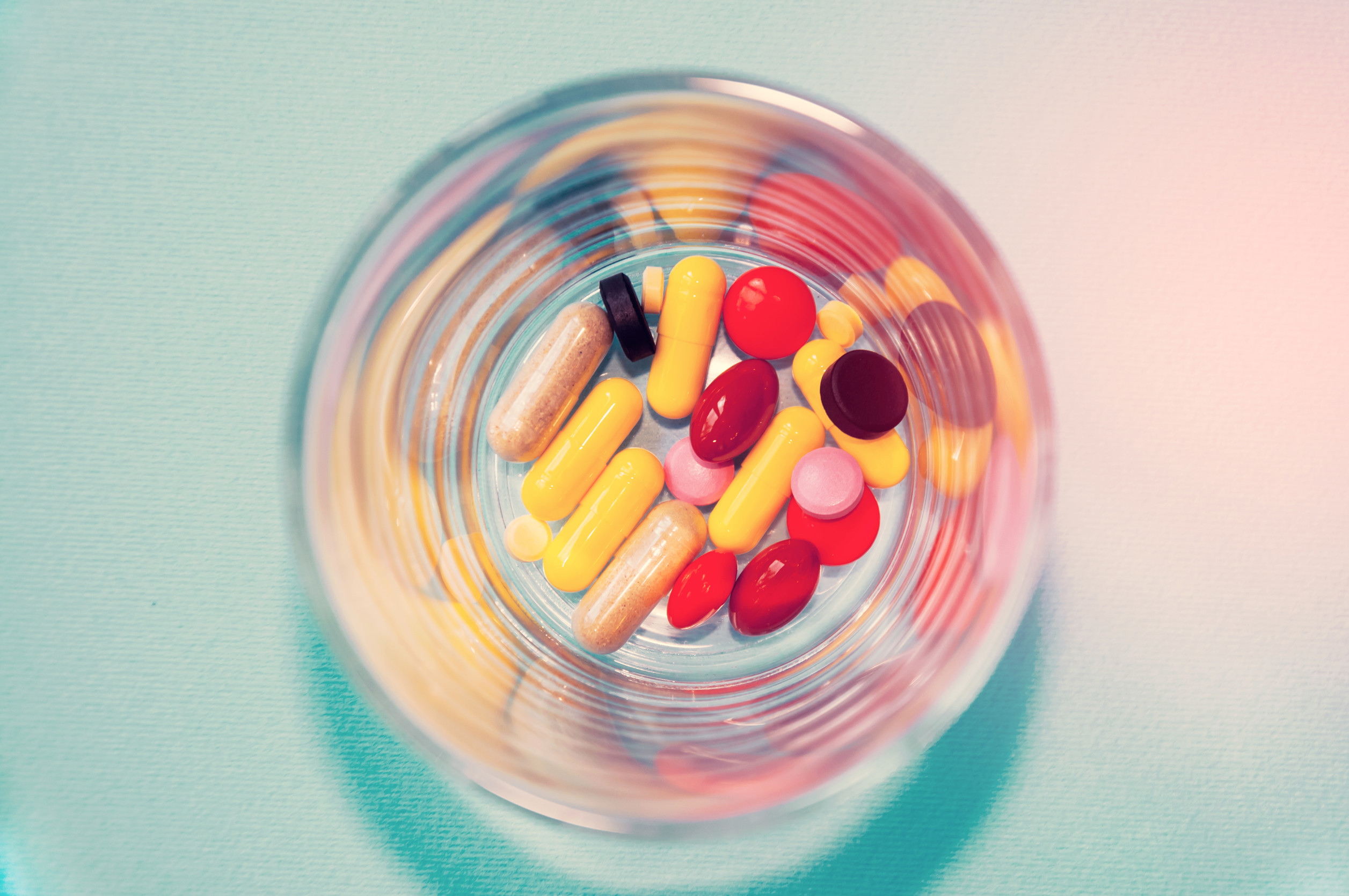
Image Source: 123rf.com
When you shop, you probably check prices, expiration dates, and ingredient labels—but the lot number is just as important, especially for certain products. A lot number identifies a specific batch of an item made during the same production run. This number is crucial for tracking safety recalls, quality issues, or contamination risks. If you skip checking it, you could unknowingly purchase something that’s been recalled or is nearing its shelf life. Here are six items you should never buy without checking the lot number, according to consumer safety experts.
1. Baby Formula
Baby formula is one of the most closely monitored products for safety. Manufacturers use lot numbers to recall specific batches that may contain harmful bacteria, incorrect nutrient levels, or foreign particles. Checking the lot number before buying ensures you aren’t taking home a recalled container. Even if the product is still on the shelf, mistakes can happen at the store level. A quick search of the lot number on the manufacturer’s website or the FDA recall database can give you peace of mind.
2. Prescription Medications
Pharmaceutical companies track all prescription medications by lot number in case of safety recalls or manufacturing errors. A wrong dosage, contamination, or labeling issue can be serious—especially for life-saving drugs. Checking the lot number against recall lists can help prevent dangerous health consequences. Pharmacists can confirm if the medication in your hands is safe and current. Always make sure the lot number matches what’s on your prescription packaging and the receipt.
3. Packaged Meats and Poultry
From ground beef to deli-sliced turkey, meat products often carry lot numbers that identify when and where they were processed. These numbers are critical during foodborne illness outbreaks linked to Salmonella, E. coli, or Listeria. If a recall occurs, the lot number tells you exactly whether your package is affected. Buying meat without checking could mean serving unsafe food to your family. Taking 10 seconds to confirm it can save you from illness—or worse.
4. Cosmetics and Skincare Products
Lot numbers on makeup and skincare products aren’t just for manufacturers—they’re your best tool for ensuring freshness and safety. If a product is recalled for contamination, such as mold or harmful bacteria, the lot number will pinpoint which batches are affected. They also help you avoid buying expired products disguised in fresh packaging. Counterfeit beauty items often lack proper lot numbers, so checking them can also protect you from fakes. Your skin’s health is worth the extra look.
5. Vitamins and Supplements

Image Source: 123rf.com
Dietary supplements are not regulated as strictly as prescription drugs, making lot numbers even more important. If a supplement contains undeclared allergens, inaccurate ingredient amounts, or harmful additives, the lot number will tell you whether it’s from the affected batch. Some manufacturers also use lot numbers to track potency over time, helping you avoid buying supplements past their effective use date. Checking before purchase helps ensure you’re getting a safe, legitimate product. Given how often supplements are recalled, this step is non-negotiable.
6. Canned Goods During Recall Alerts
Canned foods may seem safe and long-lasting, but recalls for botulism risk, damaged cans, or contamination do occur. Lot numbers let you match your can to the exact batch affected. This is especially important during widespread recalls that affect only certain plants or production dates. A damaged label might make the lot number unreadable, which is a good reason to skip that can entirely. Always confirm you’re bringing home a safe product, especially if you’ve seen recent recall alerts in the news.
A Quick Check Can Prevent a Big Problem
Lot numbers are more than just random codes—they’re your direct link to knowing whether a product is safe. For baby formula, medications, meat, cosmetics, supplements, and canned goods, skipping this step can put your health at risk. Manufacturers put lot numbers on packaging for a reason, and checking them takes only a few seconds. In today’s world of frequent recalls, that small effort can prevent major problems. Staying informed means shopping smarter—and staying safer.
Do you check lot numbers before buying certain products? Share your habits in the comments, and let’s see how many people make this part of their shopping routine.
Read More
